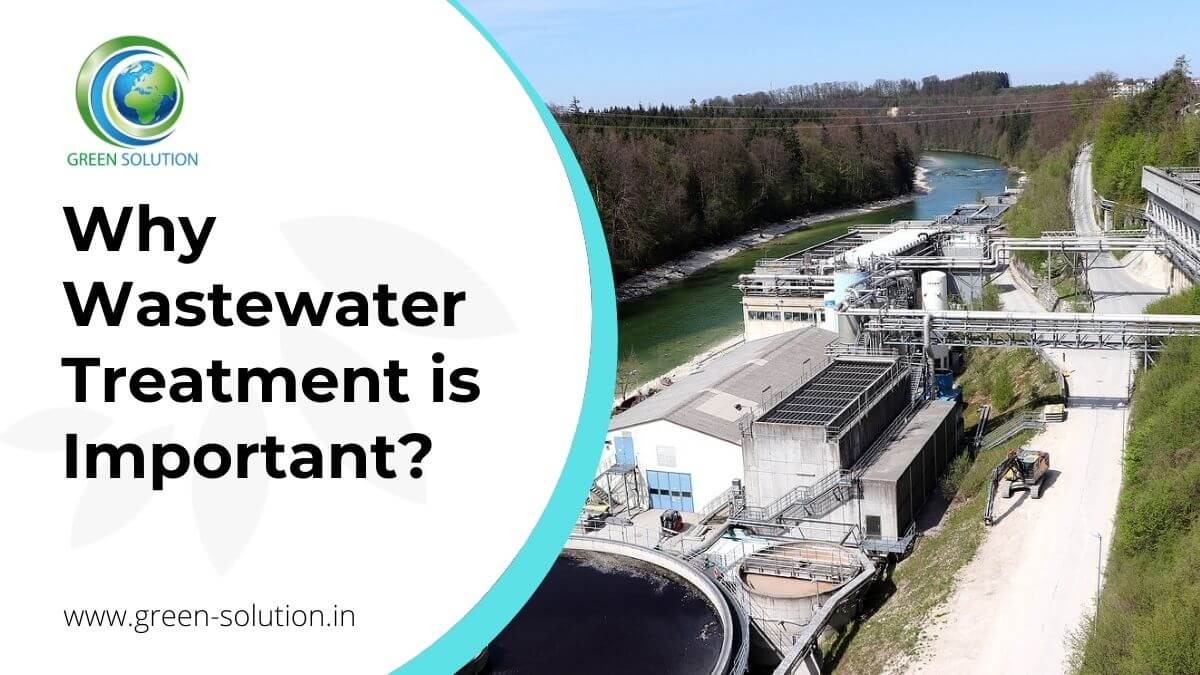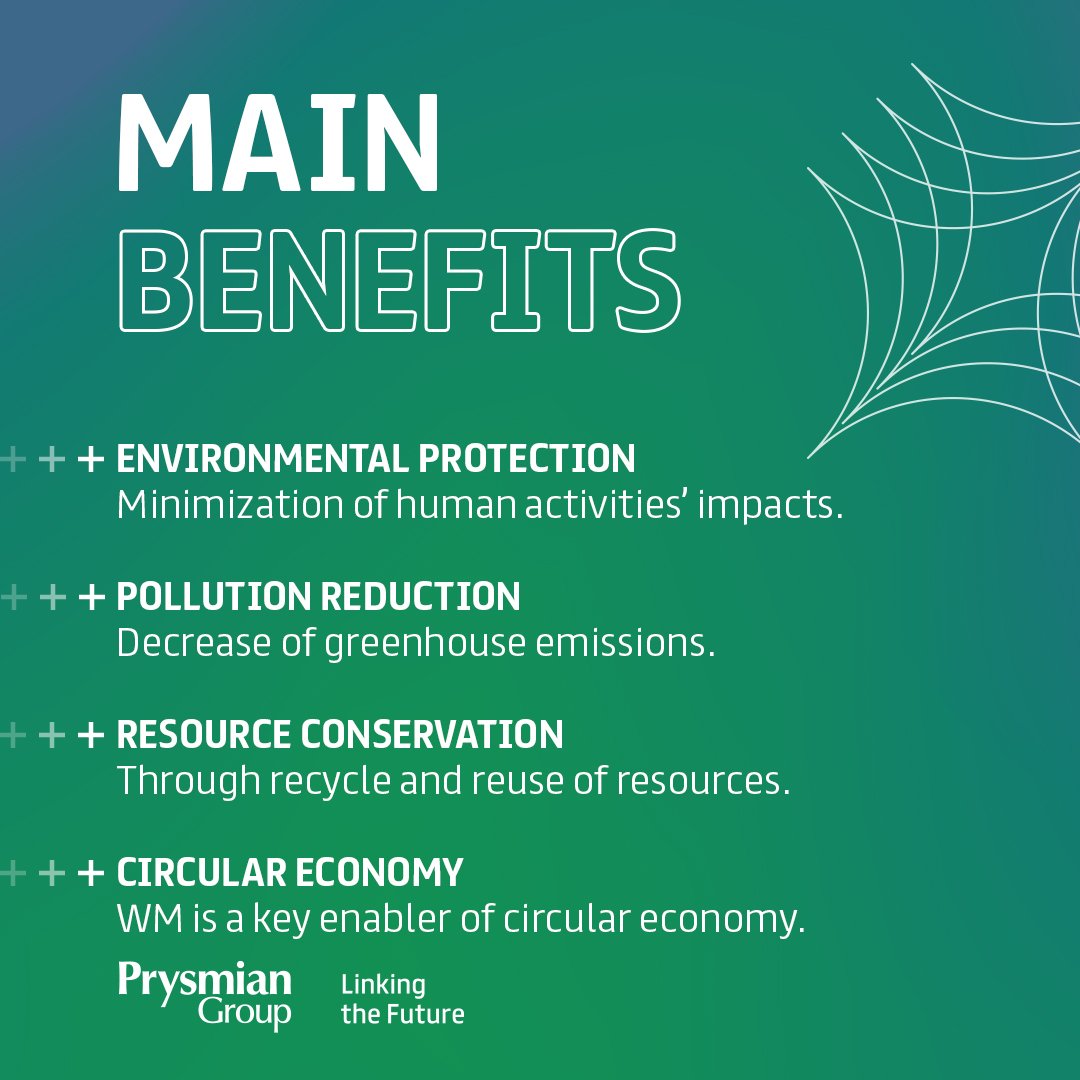Not known Facts About Reclaim Waste
Not known Facts About Reclaim Waste
Blog Article
Some Ideas on Reclaim Waste You Need To Know
Table of ContentsSome Known Facts About Reclaim Waste.Reclaim Waste Things To Know Before You Get ThisThe Basic Principles Of Reclaim Waste The 3-Minute Rule for Reclaim WasteRumored Buzz on Reclaim Waste
Explore the kinds, incidents, and types of fluid waste. Domestic sewer waste describes the waste and products from a domestic sewage-disposal tank. This kind of waste is produced by human beings in houses, schools, and other structures. This only consists of sewage-disposal tanks that have a drain field. The correct management and disposal of residential sewage waste require fluid waste to be transferred to a sewer therapy plant where the proper approaches and devices are related to cleanse and throw away waste.
Industrial waste usually includes possible risks, such as combustible products or a mixture of liquid and strong waste items, and requires an advanced and thorough disposal procedure. The disposal of business waste commonly involves the filtration of waste prior to transportation to make sure secure and appropriate disposal. Hazardous waste is produced from byproducts and overflow of industrial procedures and production.
This kind of waste can not utilize the very same sewage administration transportation or procedures as septic or business fluids. The hazardous waste administration procedure needs the assessment and testing of liquid waste before it goes through the disposal process (liquid waste removal). Runoff waste is the liquid waste that originates from drainage and excess stormwater in extremely booming areas or cities
Drainage waste can create contamination and flooding if not dealt with properly. Learn more about sewer cleaning and waste administration. Making sure correct waste monitoring can prevent disasters and reduce environmental damage. Both individuals in domestic setups and professionals in commercial or manufacturing industries can gain from recognizing the processes and laws of fluid waste administration.
How Reclaim Waste can Save You Time, Stress, and Money.
Get in touch with PROS Services today to discover our waste administration and disposal solutions and the appropriate ways to take care of the fluid waste you generate.
(https://giphy.com/channel/reclaimwaste1)This so-called 'wastewater' is not only a vital source yet, after therapy, will certainly be released to our land, rivers or the ocean. Used water from commodes, showers, baths, kitchen sinks, washings and commercial procedures is known as wastewater.

water utilized to cool equipment or tidy plant and equipment). Stormwater, a type of wastewater, is runoff that moves from farming and urban areas such as roofings, parks, gardens, roads, paths and gutters right into stormwater drains, after rain. Stormwater moves neglected directly to neighborhood creeks or rivers, at some point reaching the sea.
Getting The Reclaim Waste To Work
In Queensland, a lot of wastewater is dealt with at sewer treatment plants. Wastewater is transported from domestic or industrial websites via a system of sewage systems and pump stations, known as sewage reticulation, to a sewer treatment plant.
The Division of Natural Resources advises neighborhood governments regarding managing, operating and keeping sewage systems and therapy plants. In unsewered locations, local governments might need owners to install private or household sewage treatment systems to treat domestic wastewater from commodes, kitchen areas, restrooms and laundries. The Division of Natural Resources authorizes using house systems when they are shown to be efficient.
Many stormwater receives no treatment. In some brand-new class, treatment of some stormwater to remove clutter, sand and crushed rock has started making use of gross contaminant catches. Wastewater therapy occurs in 4 phases: Eliminates strong issue. Larger solids, such as plastics and other things incorrectly released to sewage systems, are gotten rid of when wastewater is passed with screens.
Wastewater then moves into huge storage tanks where solids resolve and are eliminated as sludge. Oil and residue are skimmed from the surface. Utilizes tiny living microorganisms knows as micro-organisms to damage down and eliminate continuing to be dissolved wastes and great bits. Micro-organisms and wastes are incorporated in the sludge. Eliminates nitrogen and phosphorus nutrients that can create algal blooms in our rivers and intimidate aquatic life.
Some Known Incorrect Statements About Reclaim Waste
Nutrient removal is not offered whatsoever sewage treatment plants since it requires expensive specialist devices. It is coming to be a lot more usual in Queensland. Clear fluid effluent generated after therapy might still have disease-causing micro-organisms. If this effluent is launched right into rivers such as rivers or the sea, the micro-organisms will at some point pass away out.

This typically implies wastewater has actually to be dealt with or contaminants removed prior to it can be released to waterways. Many wastewater flows into the sewage system. Under the Act, regional governments carry out approvals and licences for eco pertinent tasks (Ages) including wastewater launches that could have a local effect. The department carries out approvals and licences to Ages involving wastewater releases that may have a local or statewide impact.
3 Simple Techniques For Reclaim Waste
Or else, examples are taken for lab evaluation. Often lots of examinations are required to establish the degrees of each of the various pollutants such as oils, heavy steels and pesticides in water. Tracking gives accurate information concerning water quality and can confirm that licence problems are being fulfilled. The information acquired via surveillance provides the basis for making water top quality decisions.
Report this page